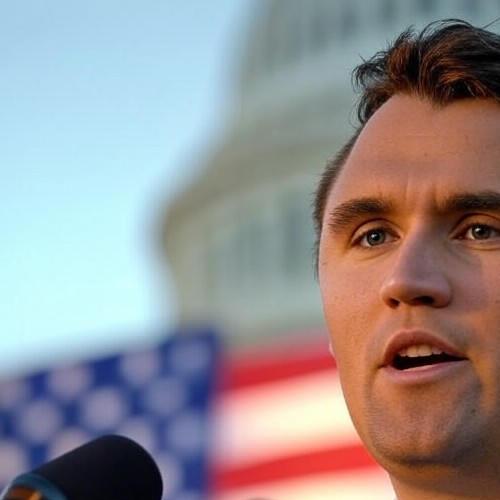PROTECT YOUR DNA WITH QUANTUM TECHNOLOGY
Orgo-Life the new way to the future Advertising by AdpathwayThe recent article from The Washington Post aims to criticize Republican-led initiatives aimed at enhancing public safety but ends up revealing a bias against conservative approaches to crime. The publication begins its assessment with Mississippi, pointing to the state’s formation of a “parallel operation” for addressing its backlog of criminal cases. This method involves judges selected by the chief justice and prosecutors from the attorney general’s office. Yet the article fails to recognize that such measures are often required to restore order and expedite justice in communities struggling with crime.
The piece then shifts to a broader critique of Republican strategies in other states, claiming that efforts to control crime are unwarranted, especially in cities where crime rates have dropped from the heights seen during the pandemic. The author suggests that President Trump’s deployment of federal agents and National Guard troops is simply following a flawed “playbook.” This narrative conveniently overlooks the reality that crime rates remain a pressing concern for citizens in many urban centers, regardless of their political affiliations.
Contrary to its intentions, the article paints Republican leaders as only instigating conflict, ignoring the well-founded discussions on public safety taking place across the nation. Even MSNBC’s Joe Scarborough acknowledged the necessity for collaboration between state governors and federal authorities to combat crime effectively. He explicitly stated that Illinois’ Democratic governor should consider reaching out to the White House for support. Scarborough’s comments highlight a moment of bipartisanship that some media outlets seem intent on dismissing.
Furthermore, The Washington Post specifically criticizes Texas for using National Guard troops to oversee potential unrest related to immigration. This criticism raises questions. Why penalize states for taking proactive measures to maintain order? The article also targets Georgia and Indiana for their increased law enforcement presence, alongside the establishment of state boards to audit local prosecutor behavior. Given the controversies surrounding certain local prosecutors—like allegations against Fulton County District Attorney Fani Willis—it seems prudent for state oversight to step in.
Willis has faced significant scrutiny for allegedly mismanaging cases and for her personal relationships with members of her prosecutorial team. This concern is not trivial; it raises valid questions about integrity and fairness in the judicial process. Yet legacy media outlets often appear more concerned with shielding these figures than holding them accountable, as evidenced by their reluctance to examine instances of prosecutorial misconduct.
In a pointed remark, the Department of Homeland Security recently addressed the tendency of some media organizations to produce sympathetic portrayals of criminals while neglecting their victims. The DHS highlighted a case featured by The New York Times that focused more on the criminal than on the serious repercussions of their actions. This behavior has drawn ire for sidelining the experiences of victims in favor of narratives that potentially excuse violent behavior.
Indeed, as the DHS pointed out, the media’s inclination to showcase stories of illegal individuals who have crossed legal boundaries often blurs the lines between victim and perpetrator. “Every single day President Trump and Secretary Noem fight for justice for American victims of illegal alien crime and nearly every single day the media ignores these victims and their families,” a DHS official argued in their release. These comments encapsulate frustrations felt by many regarding the mainstream media’s coverage on crime and justice.
The article ultimately underscores a pivotal issue: When the media publishes narratives that either diminish the severity of ongoing criminal activities or romanticize the lives of those who engage in them, they undermine law enforcement’s efforts. The failure to offer tangible solutions to the increasing crime rate suggests a disconnection from the very realities faced by citizens who live in crime-affected areas.
As the debate continues, it’s imperative that discussions about law enforcement and public safety remain grounded in facts and reality, rather than driven by partisan narratives. The media, in their role as watchdogs and contributors to the public discourse, must remember their responsibility to highlight the full scope of consequences associated with crime, advocating not just for those who have transgressed the law but for the victims and communities striving to remain safe.
"*" indicates required fields


 5 hours ago
4
5 hours ago
4


















.jpg)






 English (US) ·
English (US) ·  French (CA) ·
French (CA) ·